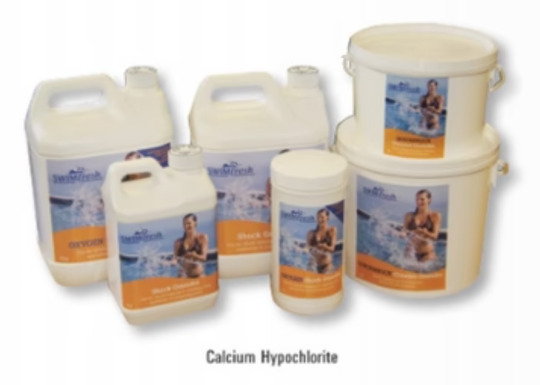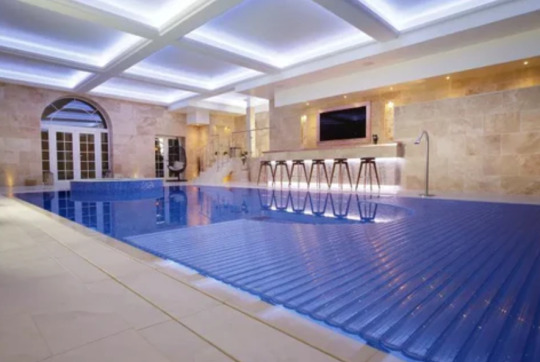#certikin dehumidifers sellers
Text

Oxygen Shock Granules SFOSG01/6 - Swimming Pool Pumps UK
A granular product that is ideal for the regular oxidation of pool water as it will destroy organic waste and chloramines without increasing the chlorine level, meaning that you will be able to swim shortly after application. https://swimmingpoolpumpsuk.co.uk/collections/swimfresh-pool-chemicals-balance-shock/products/certikin-swimfresh-oxygen-shock-granulesp-1kg
#buy pool pumps for home#buy multi speed pool pumps#buy pool valves online#certikin pool floor inlets#certikin dehumidifers sellers#buy massage couches uk#domestic pool pump store
0 notes
Text
Shop Pool Roller Covers - Swimming Pool Pumps Uk
What color pool cover is best?
The best color for a pool cover depends on various factors, including your climate, specific needs, and personal preferences. Here's a general guide:

Heat Retention: If you want to retain heat in the pool, opt for a darker color like black or dark blue. Dark colors absorb more sunlight and help in heating the pool water.
Heat Reflection: Conversely, if you want to prevent excessive heating, especially in warmer climates, lighter colors like white or light blue can reflect sunlight and keep the water cooler.
Debris and Algae: Dark colors can sometimes encourage algae growth due to increased heat, while lighter colors might show dirt and debris more prominently. Consider a cover that balances heat retention and cleanliness.
Aesthetics: Choose a color that complements your pool area and overall landscape design. Some prefer darker covers as they blend better with surroundings, while others opt for lighter shades for a brighter, more inviting look.
UV Resistance: Consider covers made from materials that resist UV damage, regardless of color. This ensures longevity and effectiveness.
Ultimately, there's no universally perfect color for a pool cover. Consider your priorities—whether it's temperature regulation, aesthetics, maintenance, or durability—and select a color that aligns best with those needs.
What is the best type of pool cover?
The best type of pool cover depends on your specific needs and preferences. Here are a few common types, each with its advantages:
Safety Covers: These are typically made from mesh or solid materials and are designed to support weight, providing a barrier that prevents accidental submersion. They're great for safety, especially if you have children or pets.
Solar Covers/Blankets: These covers are usually made of lightweight, UV-resistant materials and float on the water's surface. They help retain heat, reduce evaporation, and can extend the swimming season by trapping the sun's warmth.
Automatic Covers: These covers offer convenience as they can be opened and closed with the push of a button. They're great for maintaining temperature, keeping debris out, and providing a safety barrier.
Winter Covers: Designed to protect your pool during the off-season, winter covers are usually heavy-duty and provide a barrier against debris, sunlight, and harsh weather conditions. They help prevent algae growth and keep the pool clean.
Mesh Covers: Mesh covers allow water to pass through while blocking debris and leaves. They're beneficial for keeping the pool clean and reducing the need for maintenance.
When choosing a pool cover, consider factors like your climate, desired level of maintenance, safety concerns, and whether you prioritize heat retention, cleanliness, or convenience. It might also be helpful to consult with a pool professional to determine the best option based on your specific circumstances.
#buy massage couches uk#certikin dehumidifers sellers#certikin pool floor inlets#chemical transfer pumps store#certikin pool pipes store#swimming pool winter covers
0 notes